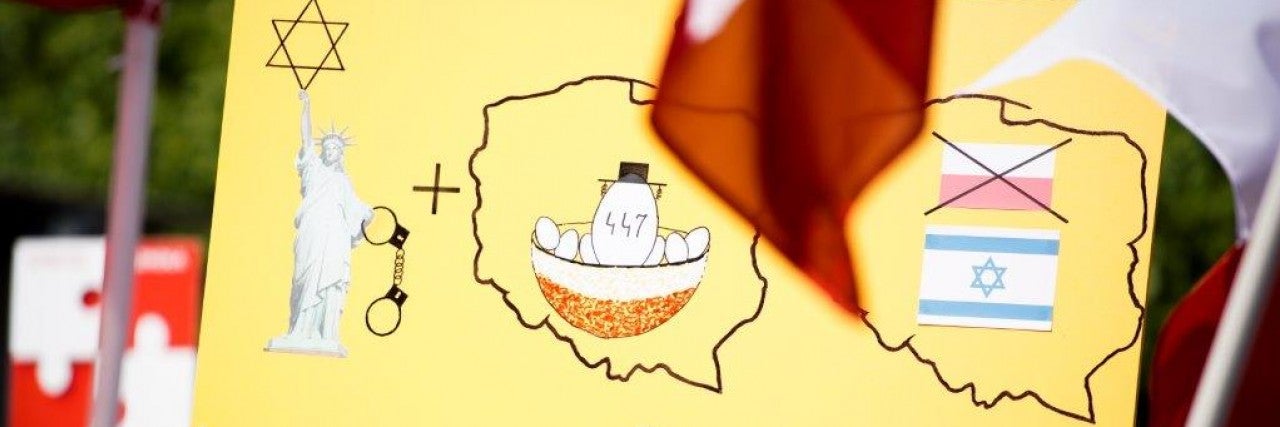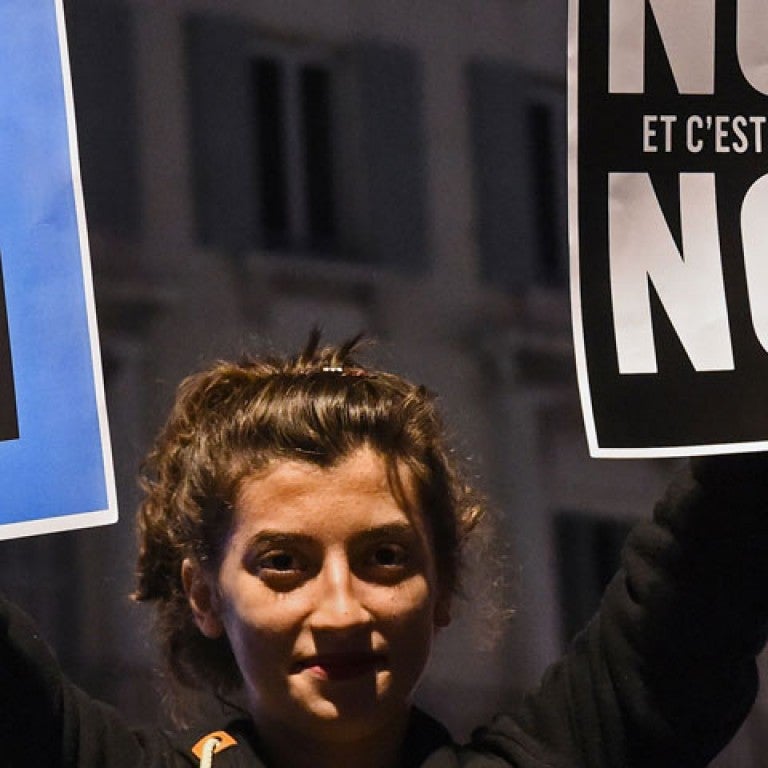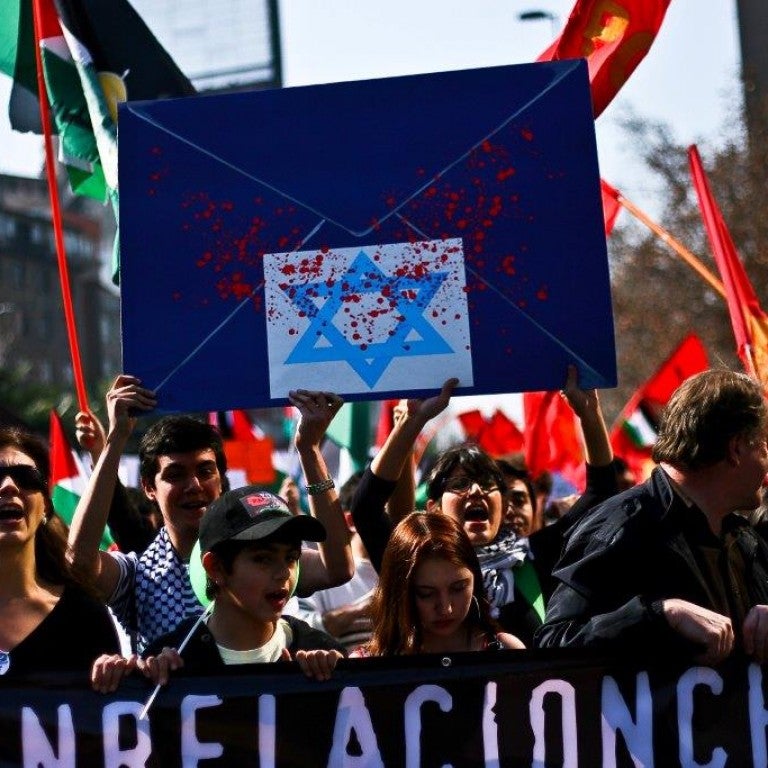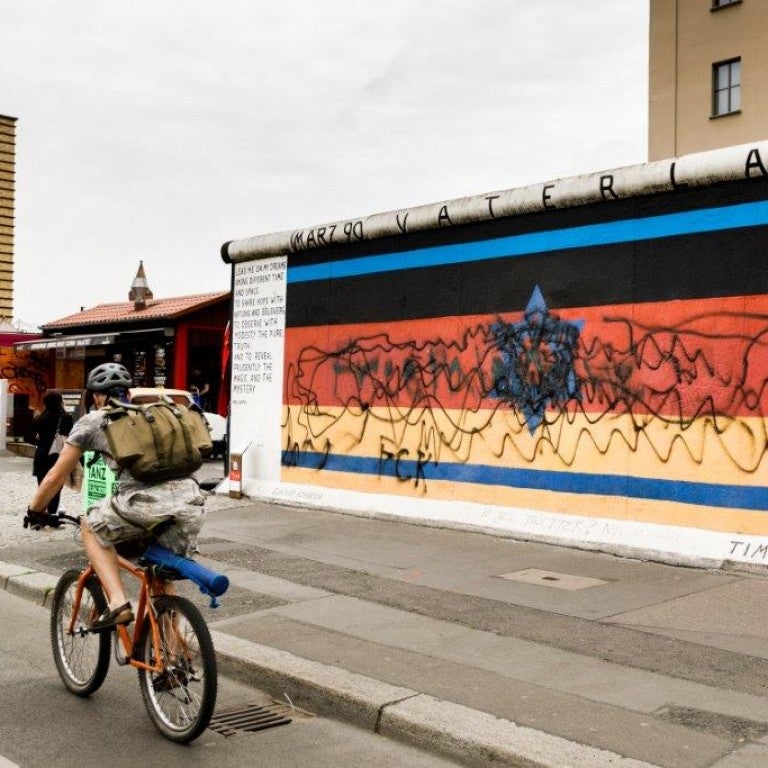December 17, 2020
This is the third installment of a series on the State of Antisemitism Around the Globe, in which AJC experts share their insights about nine international communities where particular expressions of Jew hatred are on the rise. The next piece will focus on Germany.
Antisemitism is nothing new in Poland. But state-sanctioned antisemitism in the form of historical revisionism and politicizing the question of property restitution have emerged most recently as primary challenges for the Jewish community.
As Poland and the Baltic states commemorate their countries’ victories over Soviet and Nazi totalitarian regimes, they have cast themselves as victims of World War Two, balking at the suggestion that some in their societies participated in perpetrating the Holocaust.
In Poland, a controversial law passed in 2018 that aimed to stifle any discussion about Poles’ participation in Holocaust crimes by holding liable anyone who ascribed responsibility to the Polish state or nation.
Last month, a Polish politician who called for the removal of a memorial to Jews killed by Poles because it was an “anti-Polish scandal,” was named the country’s next education and science minister. He has questioned the wisdom of financing state museums at Auschwitz and Majdanek “out of altruism towards others.”
“It’s not that that kind of narrative did not exist five years ago,” said Sebastian Rejak, acting director of AJC Central Europe. “But it’s become more prominent because it’s condoned by those in the political leadership.”
A 2018 survey of Jews in 12 European countries by the European Union Agency for Fundamental Rights (FRA) found that 85% of the Polish respondents consider antisemitism to be a “very big” or a “fairly big” problem in their country and 91% believe that the Polish government’s efforts to combat antisemitism are not effective.
Instances of anti-Jewish sentiment can sometimes be seen at the highest level of government. In the summer of 2020, the incumbent presidential candidate made property restitution for families of Holocaust victims an issue in his campaign alleging he would not approve of any such compensation. Prime time public television news broadcasts included antisemitic tropes where restitution money, the Holocaust, and Israel were conflated to smear the other presidential candidate. AJC Central Europe has filed complaints with the Polish Media Ethics Council and the National Council of Radio and Television.
Hungary, too, has tried to whitewash its history, ignoring the fact that 400,000 Hungarian Jews were murdered when Hungary and Germany were still allies. There, the same FRA survey found 83% of Jews believe the Hungarian government’s efforts to combat antisemitism are not effective.
Over the last couple of years, Lithuanian leaders have rehabilitated accomplices in Holocaust crimes because they fought against Soviet oppressors, including Jonas Noreika, a local anti-Communist hero executed by the Soviet secret police in 1947 who collaborated with Nazi to kill Lithuanian Jews.





